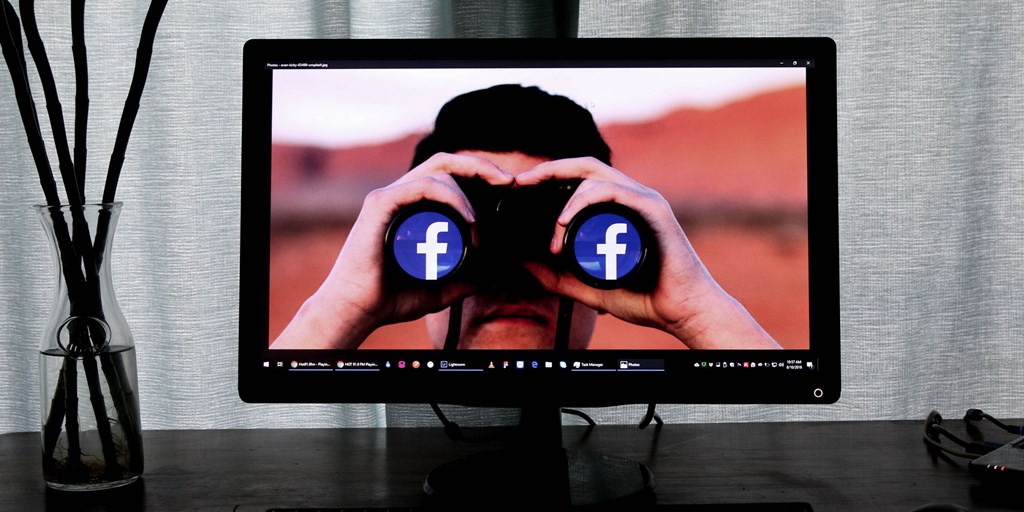-
What is personal data?



High profile data breaches here, sneaky phishing emails there, security questions when you phone your bank. The idea of personal data – whether its stolen or used to keep you safe – is everywhere.
High profile data breaches here, sneaky phishing emails there, security questions when you phone your bank. The idea of personal data – whether its stolen or used to keep you safe – is everywhere.
But what actually is personal data?
It isn’t just your bank details and passwords – although that’s what the cyber criminals seem to want. It goes much deeper than that.
Personal data used to be limited. Before the digital world, there wasn’t much recorded about anyone, anywhere. It was confined to the classic births, deaths and marriages, maybe a record of some stuff you’d ordered from a catalogue, and your local publican knowing your usual order.
Now things are very different.
Personal data is really any information that directly relates to you and your life. You can split it into a few broad headings:
- Demographic data: like your date of birth, gender, where you live, if you have children, etc.
- Behavioural data: what you buy, where you go, what you do
- Psychographic data: what you like, your attitudes towards the issues of the day, how you think and feel
Unfortunately, the digital age has allowed the wholesale capture and centralisation of all this information. So if you use Google location services, Google knows everywhere you’ve ever been. And if you use Google search, Google knows everything you’ve ever been interested in. And if you use Facebook, Facebook knows everything you’ve ever Liked or felt (at least if you posted about it).
So your personal data is now very personal. It’s weird to think that anyone – let alone huge global corporations with questionable aims – know so much about you.
Is it a problem? Does it matter that your personal data is collected and owned by someone else?
We think it is. We think you should share in the power and value of your own data and that you should be in control – of when it’s collected, of who it’s shared with and what it’s used for. And with Numerous, you always are.